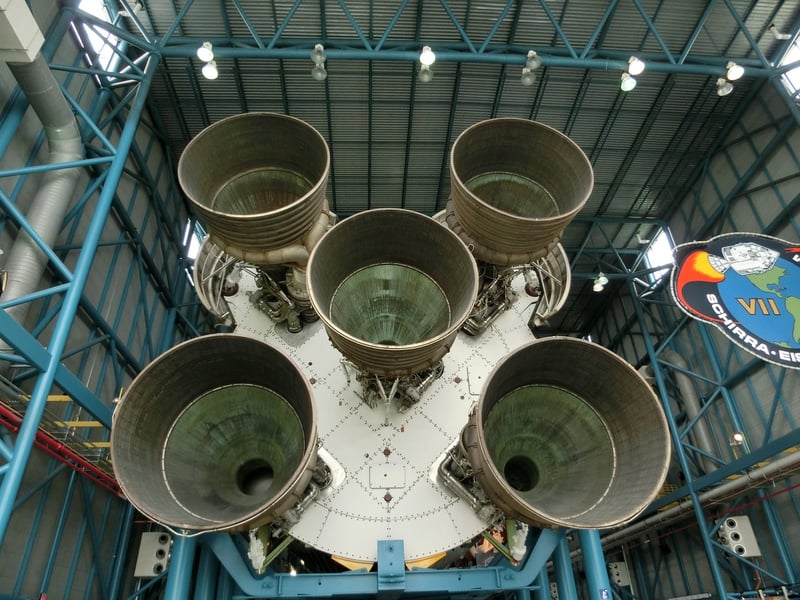Rocket Propulsion
The Future of Space Exploration: Advancements in Rocket Propulsion
Space exploration has always been a fascinating subject, captivating the minds of both scientists and the general public. One of the key areas driving progress in space exploration is rocket propulsion technology. Let's delve into some of the latest advancements in rocket propulsion that are shaping the future of space travel.
Ion Propulsion Systems
Ion propulsion systems have gained significant attention in recent years for their fuel efficiency and ability to propel spacecraft to high speeds. Unlike traditional chemical rockets, ion thrusters accelerate ions to generate thrust, allowing for longer missions and faster travel times. NASA's Dawn spacecraft and the propulsion system of the European Space Agency's BepiColombo mission are notable examples of ion propulsion technology in action.

Reusable Rockets
SpaceX, led by Elon Musk, has revolutionized the space industry with its development of reusable rockets. By landing and recovering the first stage of its Falcon 9 rockets, SpaceX has significantly reduced the cost of space missions. Reusability is a game-changer in space exploration, paving the way for more frequent and cost-effective access to space.

Nuclear Thermal Propulsion
Nuclear thermal propulsion represents a cutting-edge technology that could enable faster and more efficient crewed missions to Mars and beyond. By using nuclear reactors to heat propellant, nuclear thermal rockets offer higher thrust and specific impulse compared to chemical rockets. NASA and other space agencies are actively researching and developing nuclear thermal propulsion systems for future deep-space missions.

Conclusion
The field of rocket propulsion is witnessing rapid advancements, opening up new possibilities for space exploration and travel. From ion propulsion systems to reusable rockets and nuclear thermal propulsion, these technologies are pushing the boundaries of what we can achieve in space. As researchers and engineers continue to innovate, we can look forward to an exciting future where humanity ventures further into the cosmos.
Excited to learn more about rocket propulsion and space exploration? Stay tuned for the latest updates and breakthroughs in the field!
